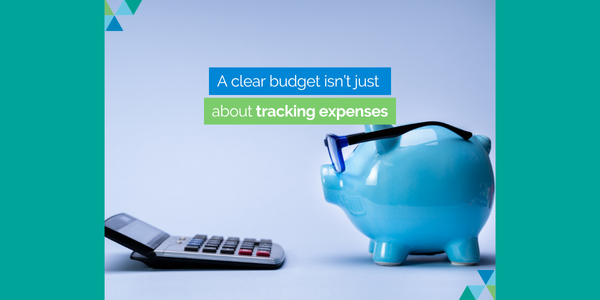Wrights CA Blog

Getting the “employee vs contractor” call wrong can be expensive. It affects how you pay people, what taxes and super you owe, your workers comp and payroll tax, and your risk if the ATO or Fair Work take a closer look. Here’s a practical guide to the key differences, the hidden traps, and how a diligent accountant helps you stay on the right side of the rules.









